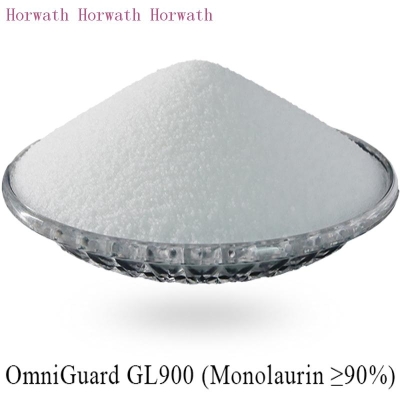Deodorization and fermentation of solid bacteria
-
Last Update: 2002-09-24
-
Source: Internet
-
Author: User
Search more information of high quality chemicals, good prices and reliable suppliers, visit
www.echemi.com
Introduction: new page 1 a breakthrough has been made in the subject of "Research on biological treatment technology of animal manure" presided over by Chang Zhizhou, researcher of Jiangsu Academy of Agricultural Sciences The purpose of this project is to solve the problem of livestock manure pollution which is perplexing the development of small and medium-sized farms 2p8 since 1998, Chang Zhizhou has been in charge of the national research project "Research on the technology of livestock manure treatment" More than 300 kinds of strains have been isolated from the places where livestock manure is piled up and the sewage ditch of the manure storage tank of the farm After repeated tests, several strains of bacteria and yeast which can rapidly reproduce in the manure composting have obvious deodorization and heating effect Based on this batch of strains, compounded with other strains, and combined with scientific methods, a deodorizing and fermenting agent for livestock manure treatment was successfully developed It has good deodorization, fermentation and dehydration effect Compared with the fecal treatment agent EM and other products imported from Japan, it not only has a good deodorization effect, but also has a fast temperature rise of 1-2 days and a high fermentation temperature of 10 ℃ to 20% - 30% On the basis of the above research, the researchers further explored the relationship between humidity, dehydration and ventilation in the fecal fermentation process under the guidance of the biological drying theory, created a relatively complete new fecal treatment system, and reduced the nitrogen loss in the fecal fermentation process by more than 20% The technology has been applied in Shandong, Jiangsu and other provinces The results show that it has good ecological and economic benefits 2p8
This article is an English version of an article which is originally in the Chinese language on echemi.com and is provided for information purposes only.
This website makes no representation or warranty of any kind, either expressed or implied, as to the accuracy, completeness ownership or reliability of
the article or any translations thereof. If you have any concerns or complaints relating to the article, please send an email, providing a detailed
description of the concern or complaint, to
service@echemi.com. A staff member will contact you within 5 working days. Once verified, infringing content
will be removed immediately.







